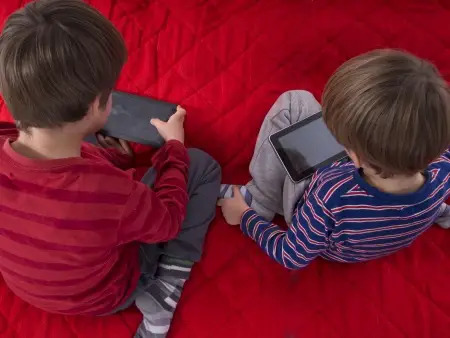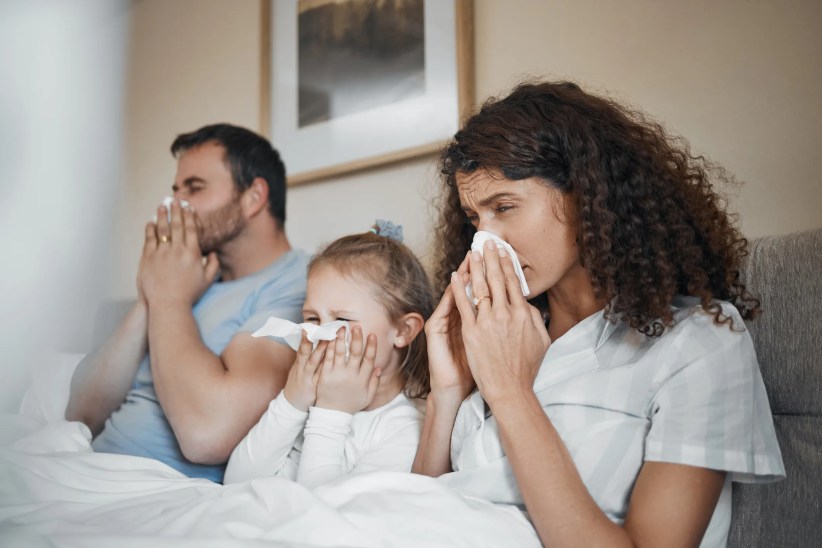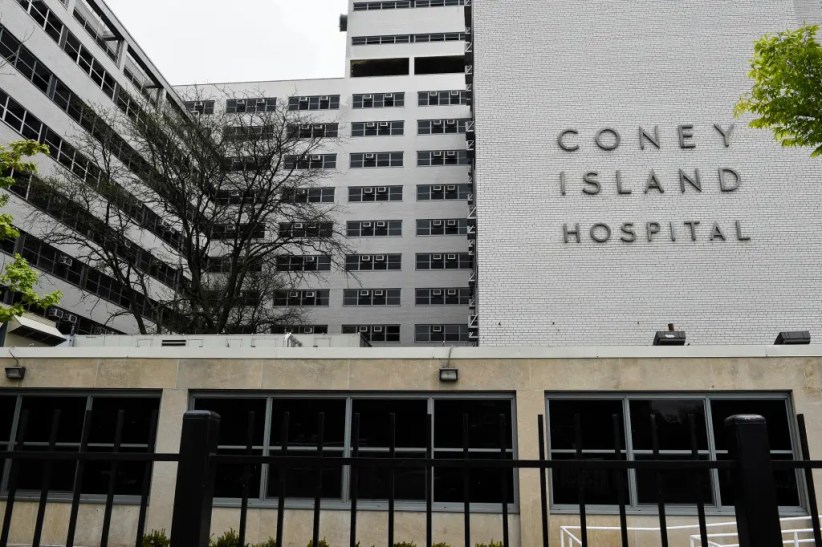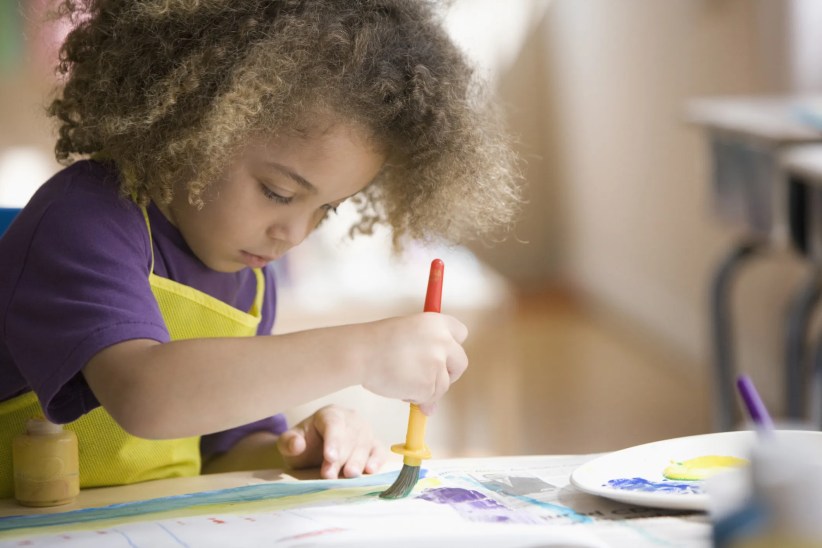A recent study shows that more and younger children are using technology. The American Speech-Language-Hearing Association provides safety tips for children using technology, headphone safety tips for children, and signs of childhood hearing loss.
 With skyrocketing use of smart mobile devices among children, it is critical for parents to instill safe listening habits early to prevent long-term, irreversible hearing damage that can result from unsafe use of accompanying ear buds and headphones. According to Common Sense Media’s 2013 study on mobile media use, 75 percent of kids ages 8 and younger have access to a smart mobile device at home, up from 52 percent in 2011. Almost 40 percent of children younger than 2 have used a mobile device, up from 10 percent two years ago.
With skyrocketing use of smart mobile devices among children, it is critical for parents to instill safe listening habits early to prevent long-term, irreversible hearing damage that can result from unsafe use of accompanying ear buds and headphones. According to Common Sense Media’s 2013 study on mobile media use, 75 percent of kids ages 8 and younger have access to a smart mobile device at home, up from 52 percent in 2011. Almost 40 percent of children younger than 2 have used a mobile device, up from 10 percent two years ago.
Many children listen to music, watch television shows, and play games on these devices at dangerously high volumes—and could be paying an unfortunate price in the form of noise-induced hearing loss. The American Speech-Language-Hearing Association urges parents to help protect their kids with a few simple safe listening tips this holiday season:
- Keep the volume down. A good guide is half volume.
- Limit listening time. Everyone’s ears benefit from a break.
- Model good listening habits. Practice what you preach—for your kids’ sake and your own.
“Mobile technology use is pervasive in today’s society and is becoming ingrained in children at younger and younger ages,” said Patricia A. Prelock, Ph.D., CCC-SLP, ASHA’s 2013 president. “Parents have a tremendous opportunity to start children off right by establishing safe listening behaviors early. While we want everyone to enjoy their new tech gifts this holiday season, we also want them to enjoy the gift of hearing for many years to come.”
Hearing loss in young people is on the rise. A 2010 study published in the Journal of the American Medical Association showed 1 in 5 kids ages 12-19 is suffering from hearing loss, an increase of 31 percent since the late 1980s/early 1990s. Hearing loss can affect academic achievement, vocational choice, and social functioning such as feeling isolated or unhappy in school. Hearing is critical to a child’s development, and the earlier hearing loss occurs, the more serious is the effect on speech and language development, communication, and learning.
Identify the Signs of Childhood Hearing Loss
It is critical that, in addition to teaching preventative habits, parents learn the early signs of hearing loss so they can seek help if needed. The earlier hearing loss is identified and intervention begins, the better the outcome. Early warning signs include:
- Lack of attention to sounds
- Failure to follow simple directions
- Delays in speech and language development
- Difficulty achieving academically, especially in reading and math
- Persistent ear discomfort after exposure to loud noise (regular and constant listening to electronics at high volumes)
More signs, treatment options, and other information are available via ASHA’s new public education campaign, Identify the Signs, at IdentifytheSigns.org.
American Speech-Language-Hearing Association is the national professional, scientific, and credentialing association for more than 166,000 audiologists; speech-language pathologists; speech, language, and hearing scientists; audiology and speech-language pathology support personnel; and students. Audiologists specialize in preventing and assessing hearing and balance disorders as well as providing audiologic treatment, including hearing aids. Speech-language pathologists identify, assess, and treat speech and language problems, including swallowing disorders.
Also see:
Movement to Prevent Hearing Loss in Teens Gains Momentum



















